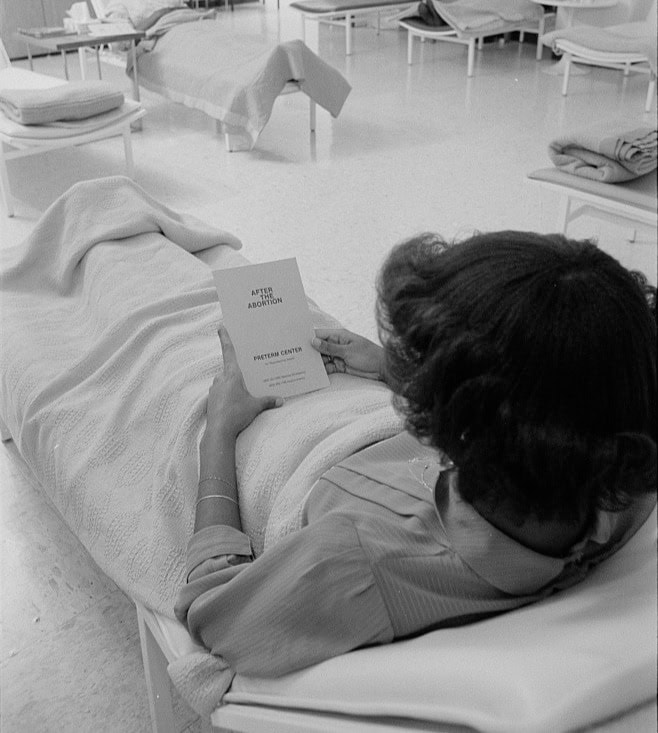Peter Stearns’s proposal that one PhD oral exam focus on pedagogy is an excellent idea. However, in the short term, some changes in the graduate curriculum are necessary if it is to work. In the long term, this recommendation is but one step toward what should be an overhaul of teacher preparation and teaching practices at the university level.
It is rather remarkable that U.S. academia has made little or no effort to train its graduate students how to teach, because many of them (most, in history and the social sciences) will have to teach for their livelihood, and because teachers are the lifeblood of colleges and universities. Primary and secondary level teachers must complete four to five years of college to be certified to teach, and are expected to continue their professional training once their careers have begun. Why do we expect PhD students to move into teaching without at least a modicum of formal preparation?
I suppose such training has been deemed unnecessary because academia has long equated it with lecturing, running a seminar, and individual tutoring. A PhD student does not need a course to learn how to hold forth, emcee a discussion, or conduct a one-on-one conversation. Perhaps, too, it is assumed that students who survive the PhD program are smart enough to figure out how to teach on their own. Besides, current faculty received no such training; why should subsequent generations of scholars?
In any case, the PhD program is already jam-packed with the theoretical and substantive matter of the field. There is no place in which to fit teacher training, and the field’s theory and substance matter much more than how the PhD student will eventually convey that knowledge to underlings. Furthermore, undergraduate and graduate students should be mature enough not to require a teacher with a bag full of pedagogical skills. They do not need to be taught; they need only imbibe the knowledge poured out for them.
Whatever the reasons for the near absence of teacher training, clearly, there is rising concern with it. Faculty interest in the matter comes out in their newsletters (the AHA’s Perspectives, for example, or APSA’s PS), and conference sections dedicated to teaching issues. Teacher awards and student evaluations are other signs of academia attempting to encourage better teaching (belated attempts, though). Speaking from personal experience, I had a number of inspired, gifted teachers during my undergraduate and graduate coursework. Yet I also sat in the classes of far too many mediocre, even abysmal, instructors. I have seen the same wide variation among my fellow part-time instructors. Energy and enthusiasm carry most of us a long way, but others turn into nervous wrecks, or fall into bitter condescension—unprepared or unfit to teach, they blame their inability on the ignorance or laziness of their students.
Besides not preparing its PhD students to teach, U.S. academia makes matters more difficult by demanding that all its faculty teach (with some exceptions), whether or not they have a bent or desire for it. Nor do universities help when they pressure faculty to publish quickly, or hand them large numbers of time-consuming administrative duties and students to advise. Furthermore, an assembly-line mentality, or budgetary constraints, force professors to teach huge classes at the introductory level, where effective teaching is nearly impossible, or simply irrelevant. Finally—and this is a problem about which we can do little—middle- and upper-class American families typically send their children off to college right after high school, whether or not they are prepared for serious study. Campuses may be a relatively safe place to grow up and to practice independence, but it makes teaching all the more difficult when classrooms are full of young adults who are not sure why they are there to begin with.
So, what is good teaching, you may have asked by now? If we think back on teachers who have had a great impact on our lives, I believe we could agree that they share one or more of the following general characteristics:
- Good organization. If the novice college instructor does get any advice, it is this: present the class with clear course objectives, give assignments and tests that match those objectives, choose texts suitable to the academic level of the students, and do not try to cover too much material in a semester; otherwise the students, or the teacher, will be overwhelmed.
- Flexibility. To be well organized seems obvious and straightforward, but what complicates matters is that students vary a great deal in terms of age and experience, socioeconomic background, and academic preparation. Their learning styles therefore vary a great deal. The flexible teacher will use a variety of tactics to tap the diverse abilities and interests of students. The good teacher will also use assignments and tests as a form of feedback—they are evaluations not only of students but also of the teacher’s performance, providing clues as to how the teacher might retailor the class.
- Infectious enthusiasm for the subject matter (even when the course is outside the professor’s field). Not only do the good teachers enjoy what they are talking about, they know how to make it relevant to their students. This, in turn, means that the good teacher knows something about her or his students through sharp observation and contact in and outside the classroom. This does not mean that teachers have to be hip, warm and fuzzy, and gregarious. They just have to be aware and willing to cut down the social distance between themselves and their students.
- High expectations of students (the so-called “Pygmalion effect”). Research—and personal experience—has demonstrated that students rise to the level of the teacher’s expectations. The teacher who believes that his or her students are idiots will indeed end up teaching a roomful of idiots. The well-organized, flexible, enthusiastic teacher with high expectations will not convince all students to try to master the subject matter (especially if high school taught them to hate history and “social studies”), but more will respond.
- Respect and empathy. None of the above are possible unless the teacher has some degree of respect and empathy for students. Without respect and empathy, there will be no strong motivation to know the students well enough to organize an effective course, and the teacher will lack the energy needed to be flexible and enthusiastic and maintain high expectations.
Can graduate programs instill these characteristics in their PhD students headed for a teaching career? More to the point, would Stearns’s proposed exam do so? On its own, the PhD exam will not work, for a number of reasons. First, many PhD students would begin teaching (as teaching assistants or adjunct lecturers) before taking the exams. If the oral exam in pedagogy is to certify the student’s teaching abilities, it may come after the fact. Still, that would be better than nothing, as the situation is now.
Second, the question remains of how the student is to prepare for such an exam. Ideally, history and social science programs should have their students take two courses: one in approaches to adult learning, the other in teaching methods. Following this, the students would, under supervision, teach an introductory-level course and an upper-level seminar to give the student experience in different teaching situations. The problem is, few departments would be able or willing to shift that many courses over from their subject field to teaching. An alternative would be to require one teaching-methods course and one practicum—weaker preparation but, again, better than nothing. Another option would be to add elective teaching preparation courses onto the existing program requirements. Students who complete these extra courses would receive some sort of teaching certificate along with their PhD diploma. Students would likely have to add a year to their stay in graduate school, and there would be funding issues to resolve, but graduates certified to teach at the university level should have an easier time in the job market. They will also have eased their schools’ teacher salary budget.
Third, if professors to date have received no pedagogical training, how can they be expected to train their students to teach, and evaluate their teaching abilities? Granted, many faculty have learned to teach well on the fly, but some have not. Universities with education programs could draw from that faculty to participate in the preparation and evaluation of the PhD student. Smaller schools would have to hire someone from the outside with appropriate credentials, or identify gifted teachers within their own departments who are willing to take on such tasks.
Fourth, it is not certain that coursework and practicums will instill the qualities noted above, particularly enthusiasm, high expectations, respect, and empathy (it does not always work even with primary and secondary teachers who have received years of training). However, I believe that even if graduate students master only the skills of good organization and flexibility, they will be more confident in front of the classroom, and experience more teaching success than many do now. That confidence and success will breed enthusiasm and high expectations and encourage more respect and empathy for students.
Finally, all of these suggestions are meaningless unless more university faculty and administrators at least consider the notion that formal teacher training might be useful. It is time for our centers of higher learning to take the learning more seriously. Stearns’s proposed PhD exam in teaching is a good way to begin to do that.
Andrew Schlewitz is a PhD student at the New School for Social Research, and teaches part time at Mt. Saint Mary College in Newburgh, NY.


